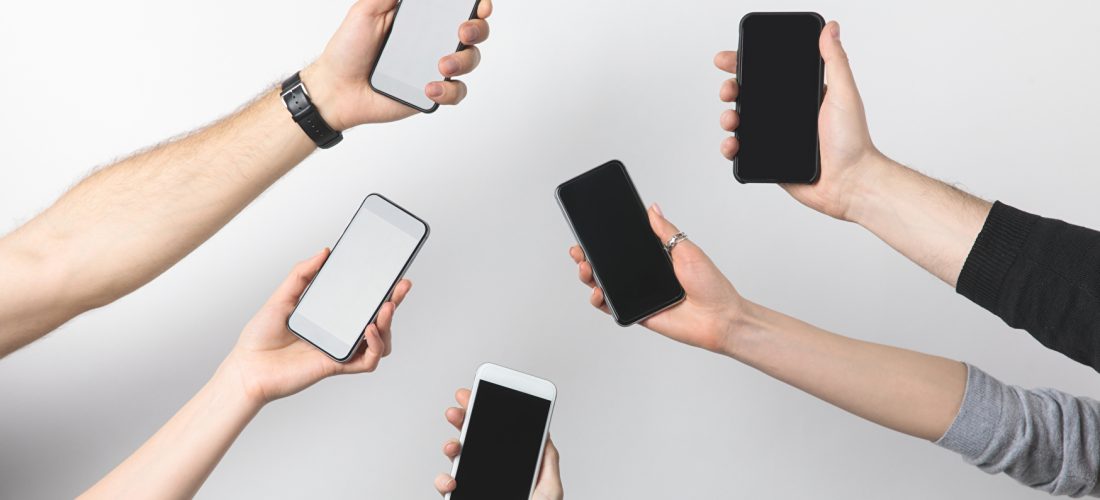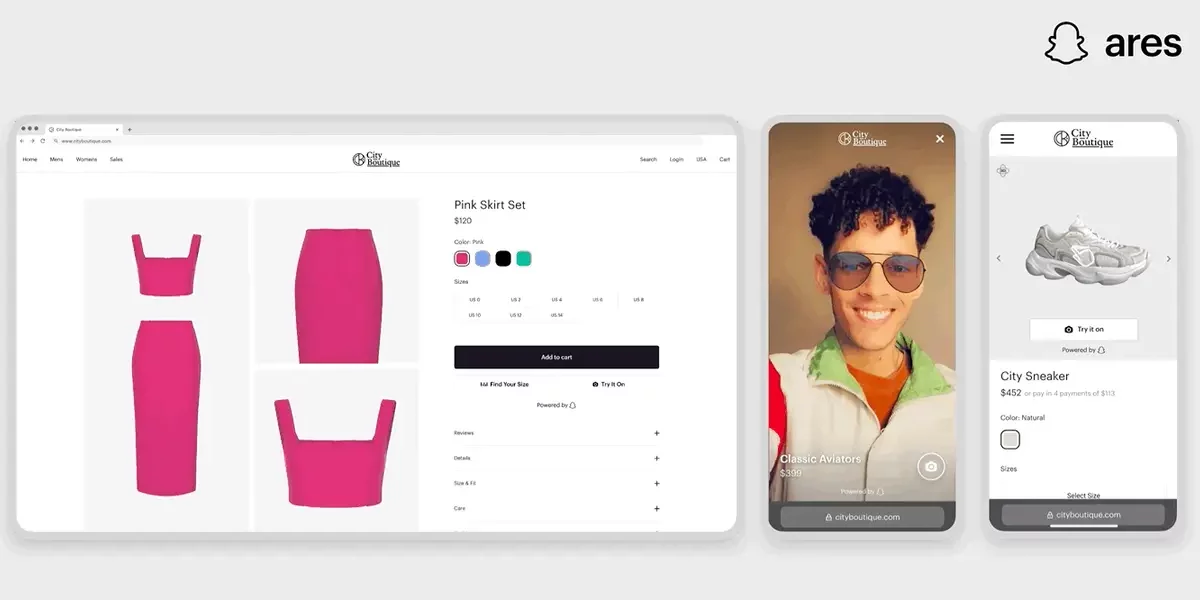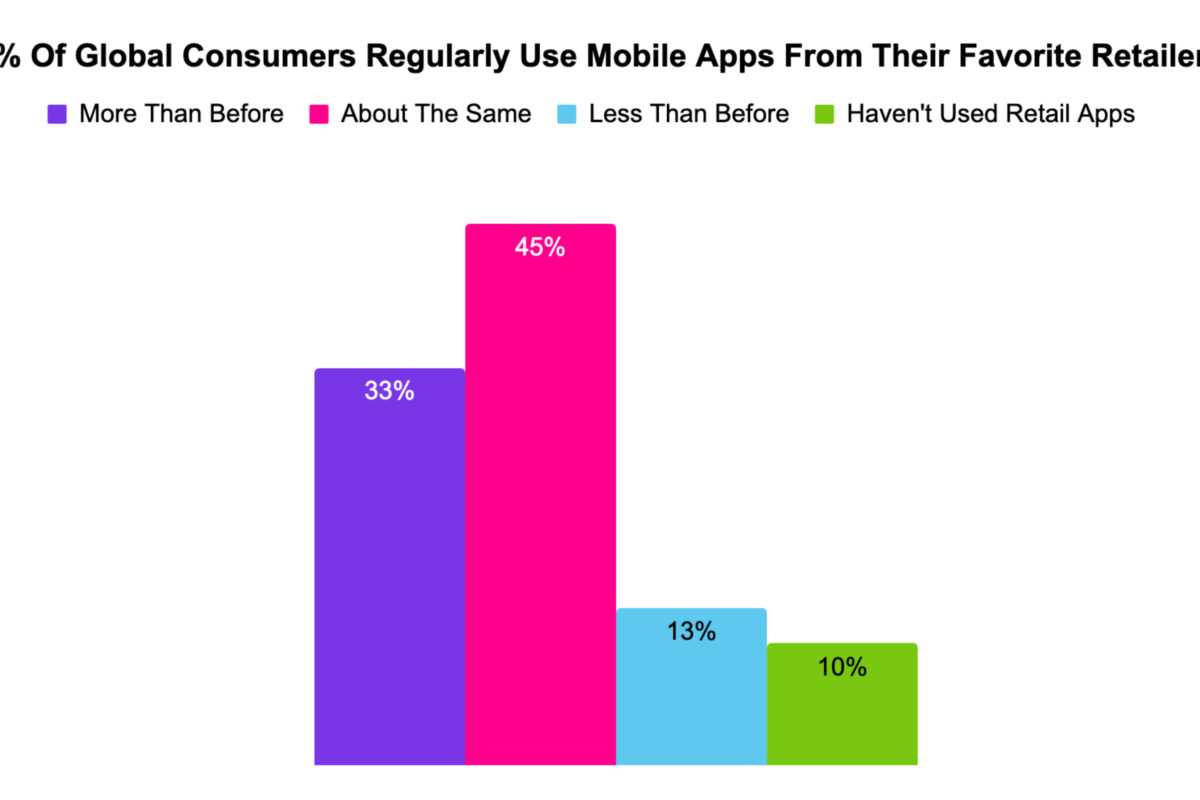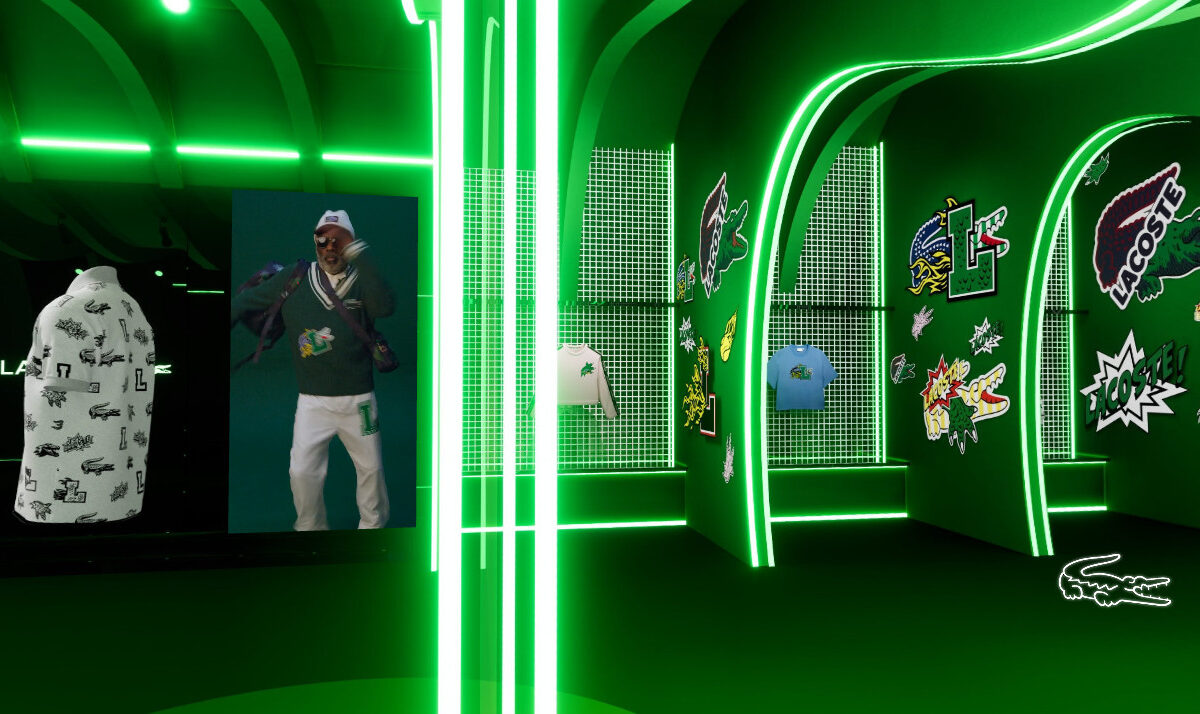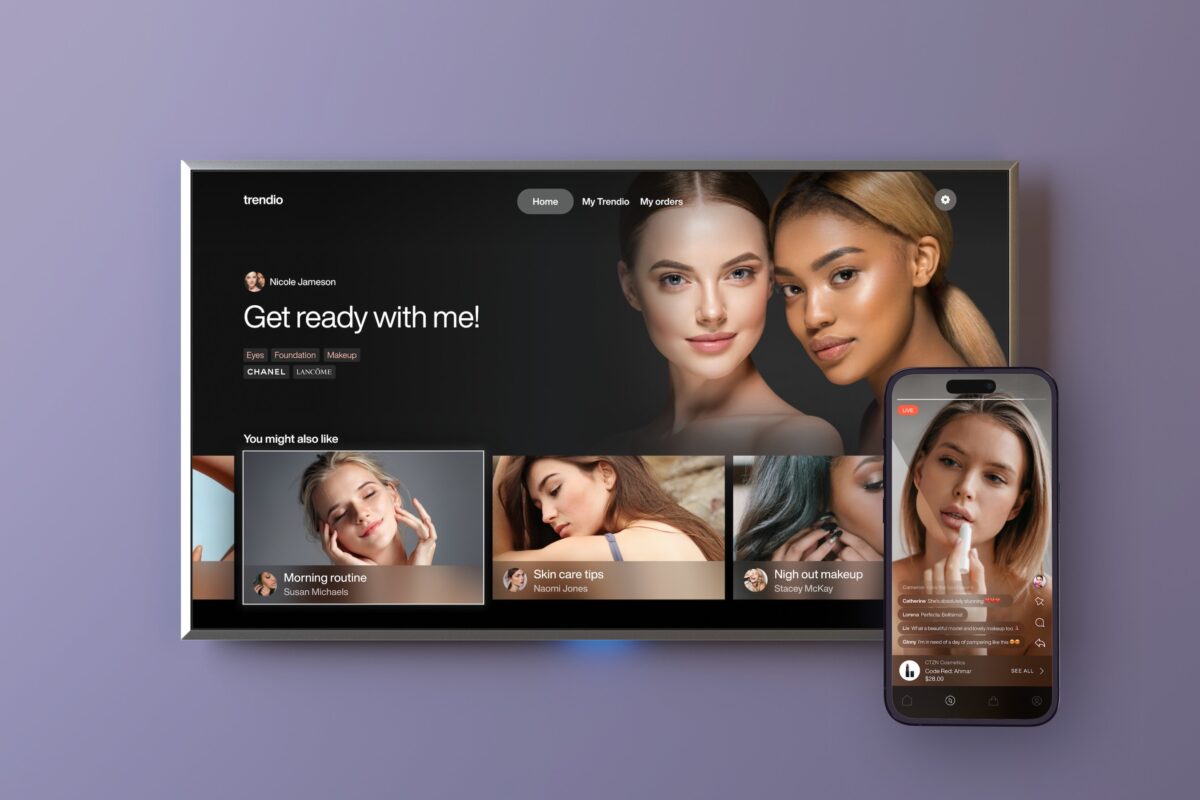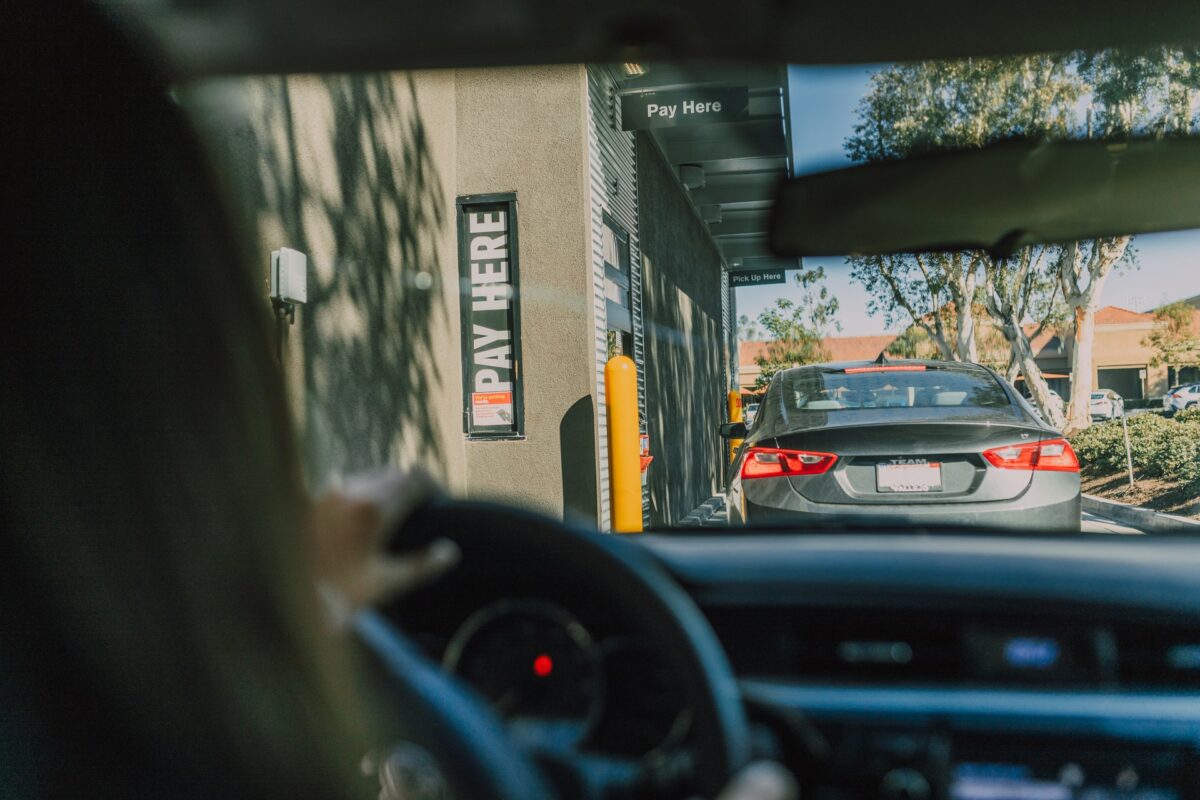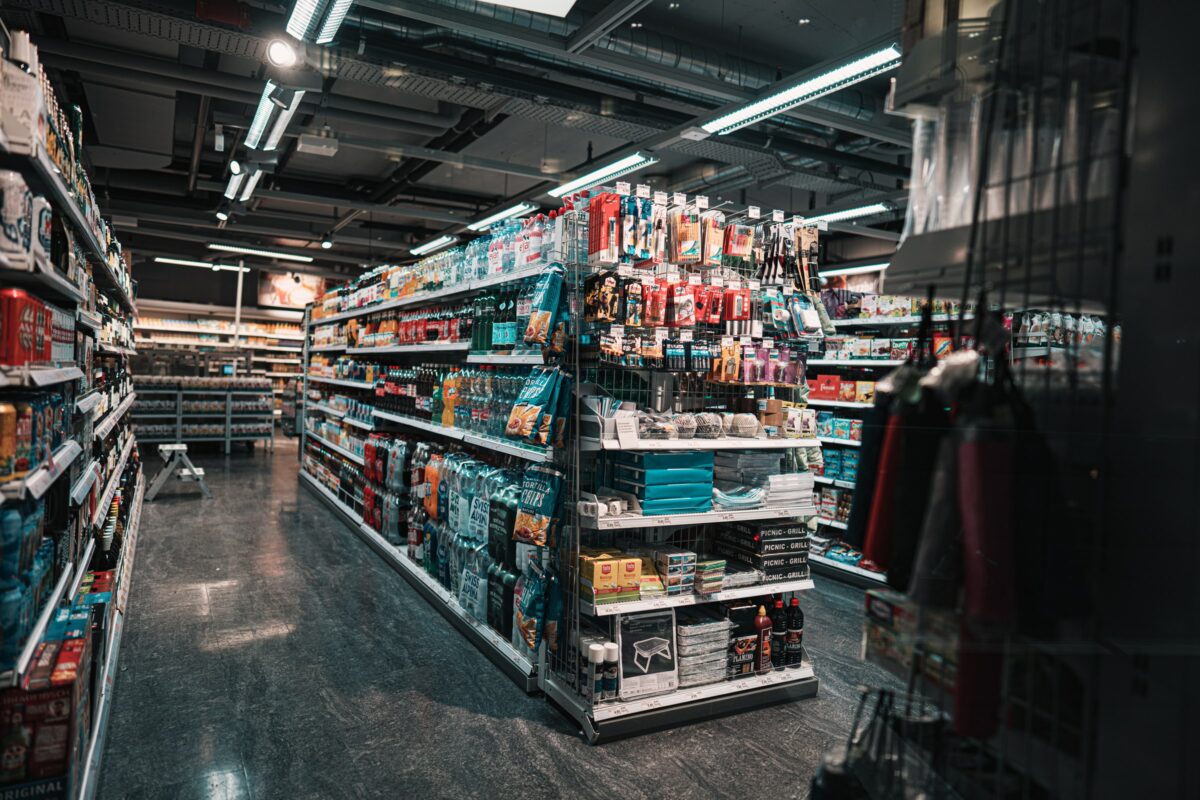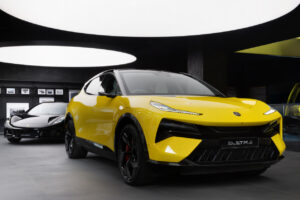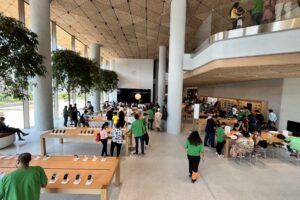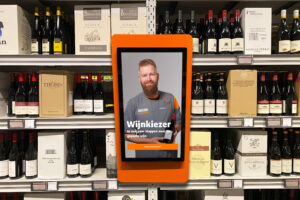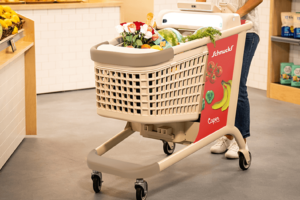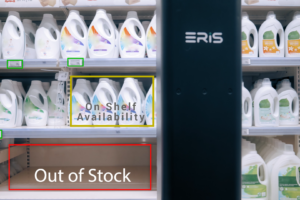New research suggests that online fashion shoppers globally now spend more on mobile than desktop: 46 percent versus 44 percent. But with each visitor spending nearly 30 percent less time on a site when they come via mobile than they do on desktop, retailers face the key challenge of optimising the mobile experience so shoppers can browse their sites quickly, find exactly what they are looking for and leave having made a purchase.
These are the key findings of a new global study of ecommerce in fashion from Nosto, the ecommerce personalisation and retail AI platform. The research is based on an analysis of 1.2 billion visits to fashion ecommerce websites globally over the whole of 2018.
The data suggests for example that 58.1 percent of the traffic to fashion retailers globally is now on mobile, nearly twice as much as on desktop (31.5 percent). And by Q4 of 2018, mobile’s share of revenue in fashion ecommerce exceeded desktop 46 percent versus 44 percent (compared with 37 percent versus 50 percent in Q1).
On average fashion shoppers browse for 164 seconds when they visit a site on mobile – and 239 seconds on desktop. And they are less likely to make a purchase on mobile, with the conversion rate averaging 1.32 percent on smartphone (compared with 2.4 percent on desktop). The average order value (AOV) is also lower on mobile at 103 dollars compared with 120 dollars on desktop.
“The fashion retailers in our study are attracting nearly twice as much traffic from mobile as they are on desktop, but this creates a major challenge,” said Jim Lofgren CEO of Nosto. “Mobile visitors continue to take less time on site, are spending less per visit and are less likely to make a purchase. How do you maximise the precious seconds mobile visitors give you?”
“Part of the solution is about ensuring a mobile optimised website with fast page speeds and easy to view images and content. But the reality is that with a small mobile screen you have less on-page real estate to work with as well as having less time to woo the customer.”
This means personalising the experience based on the shopper’s online behaviour becomes incredibly important in fashion ecommerce according to Lofgren: “Using artificial intelligence and machine learning to drive personalisation, you can maximise the space on a mobile screen by automatically showing shoppers the most relevant selection of products and complimentary items, including their preferred brands and styles – all in real-time.”
“You can even instantly change the layout of the page and ensure shoppers are seeing the most appropriate images, offers and related content – such as blogs about fashion trends that might interest them. This will be the biggest driver for increasing both mobile sales and order values in fashion, as well as encouraging shoppers to spend longer on your site and to stop by again,” said Lofgren.
Source: Nosto




